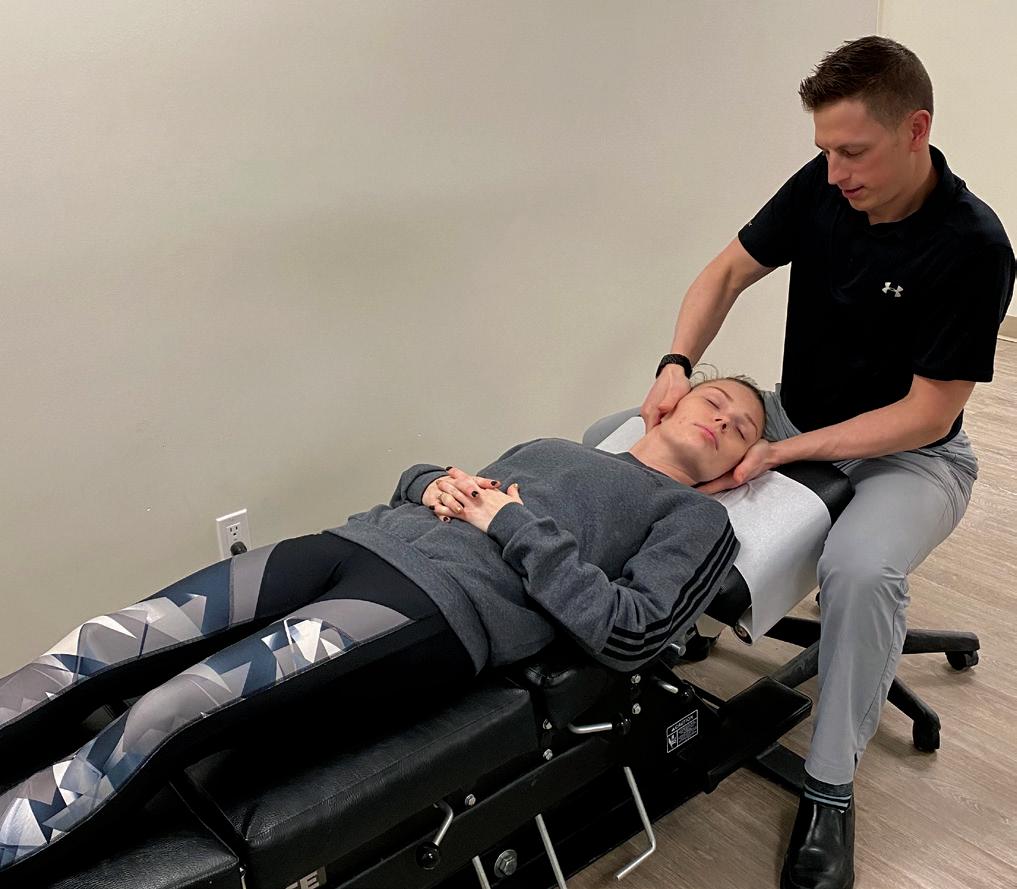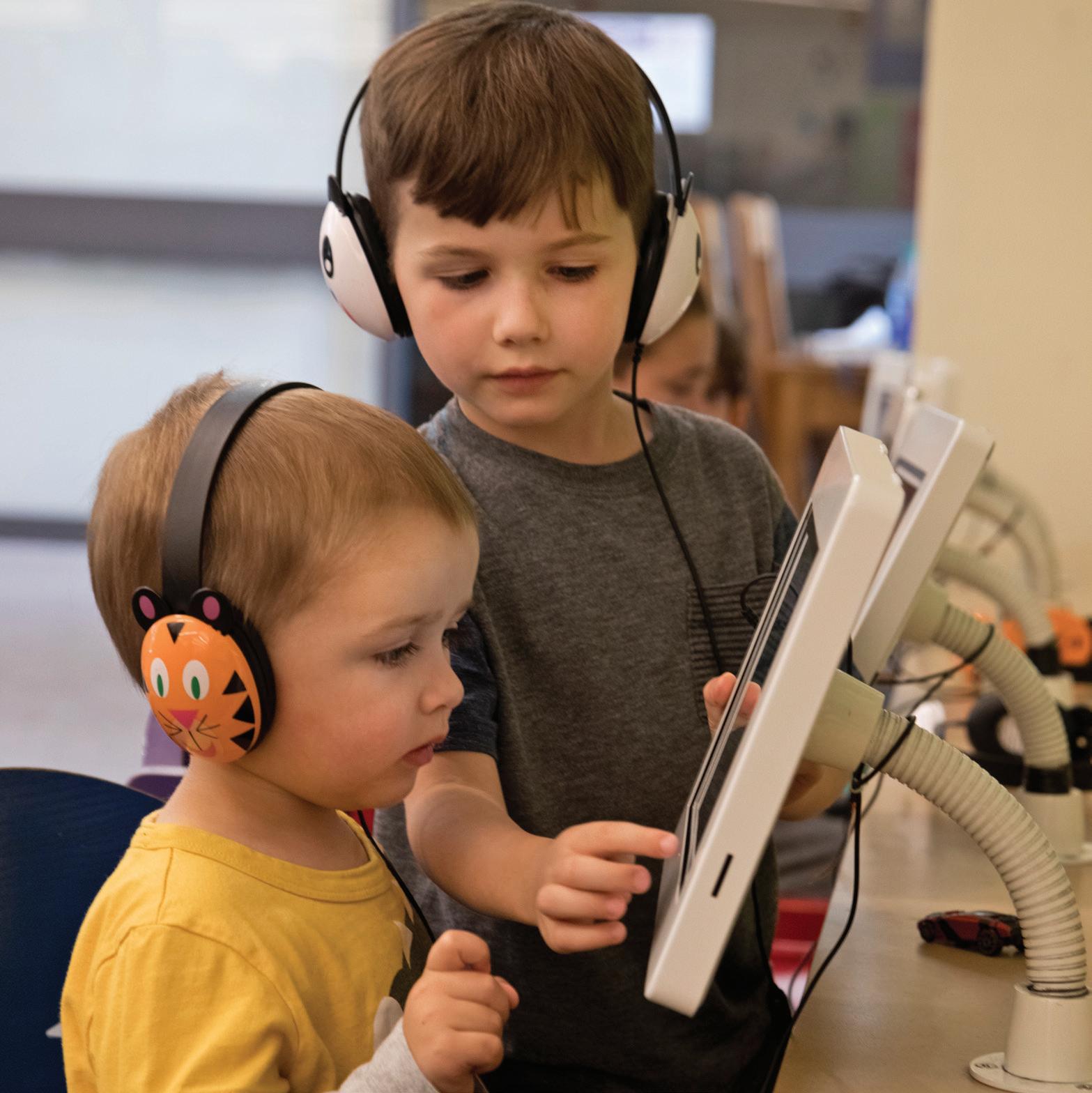HOME AND FAMILY
Changing neighbourhoods MLA SELINA ROBINSON ON WORKING TOGETHER TO KEEP OUR COMMUNITIES VIBRANT By Jennifer McKinnon
I
t was never about politics, in the beginning or now. Today, as she holds the title of minister of municipal affairs and housing, MLA Selina Robinson says it was just about finding a way to give back to her community. Robinson and her husband, Dan, live in the Ranch Park neighbourhood of Coquitlam where they raised their two, now adult, kids. They grew up in what, back then, was a typical family home. Their house, situated in a quiet cul-de-sac, was frequently visited by the neighbours; kids went outside to play kick-the-can with each other. And when Robinson was diagnosed with cancer in 2006, she reflects on the importance of community and how her neighbours were there for her. “They checked in. They made sure I was OK and brought me food,” she says, reminiscing about the delicious tiramisu from one neighbour; Robinson has no hesitation confessing that she refused to share it. Unfortunately, this community feel is all changing, explains Robinson. “Neighbourhoods are changing. Kids are growing up and moving away, and families can’t afford to stay or move into the neighbourhood. This, in turn, makes it hard for the small businesses in the area to survive. It all creates a reverberating effect.” Robinson says that governments need to create policies that keep vibrancy in neighbourhoods. “We need to bring back affordable housing for families, which will in turn support small businesses, all of which help us to connect with each other. Think about how we see our neighbours in grocery stores, coffee shops and so on. If we hollow out our neighbourhoods, there is no one there for the businesses. I don’t want people to just survive. I want them to thrive.” But she admits change is a process. “It takes a long time to create change,” Robinson claims as she thinks back to when she was door knocking in 2017.
34 EXPERIENCE TRI-CITIES
| SPRING 2020
“I remember speaking to a couple about their home and thinking how great it was that they were in the neighbourhood.” It was then that they told Robinson they were living with their in-laws. “They wanted a house, but they couldn’t find anything affordable. I worry for the next generation. Young people need to go out and figure things out on their own at that age. Living with your parents doesn’t allow you to do that. That’s why I push so hard on affordable rentals and better land use.” If these issues are important in our community, Robinson suggests getting out to public hearings. “If these are relatable issues for you, council needs to hear the voices of those who want to see these changes.” Standing up at a council hearing for what she believes in is, in fact, what got her started in politics. Robinson, with a psychology undergraduate and master’s degree from SFU, was working with youth and addictions and recalls the uproar caused by the Cold Wet Weather Mat Program (CWWMP) hosted by several Tri-Cities churches to offer shelter during the colder months for people living on the street. Robinson remembers how sad she felt that peoples’ fear and anxiety surrounding the program interfered with their compassion and the problem at hand. “If we don’t invite people into our communities, then who are we? I remember being puzzled and heartbroken about how we got here,” she says. “We have a responsibility as individuals, as a society, to heal the world.” Robinson began receiving unsigned letters in her mailbox, opposing the support of the CWWMP, which is still in operation today. It was at this time that she decided to speak up about the issue. And so, Robinson went to speak at council, which also happened to be the longest public hearing in Coquitlam’s history. Robinson fondly remembers, the now retired MP of Port Moody–Coquitlam, Fin Donnelly’s words to her
WWW.EXPERIENCETRICITIES.CA












